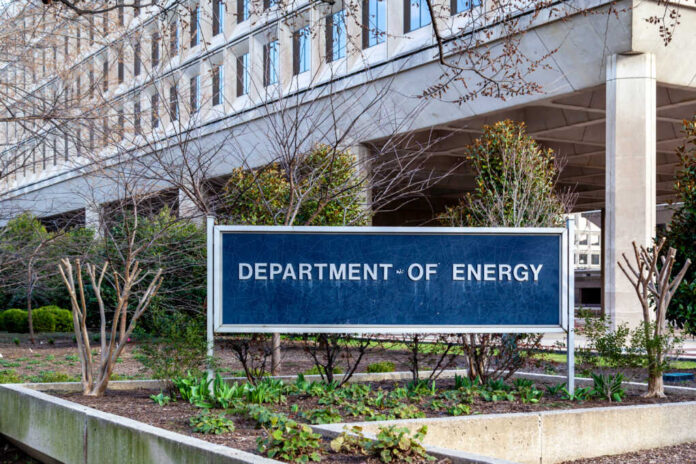
A pro-energy advocacy organization, the American Energy Alliance (AEA), is launching a campaign in Utah and Iowa to warn against the potential negative impacts of the PROVE IT Act, a bill they argue could lead to higher consumer energy taxes.
The PROVE IT Act, sponsored by Reps. John Curtis (R-UT) and Scott Peters (D-CA) in the House, and Sens. Kevin Cramer (R-ND) and Chris Coons (D-DE) in the Senate, directs the Department of Energy to study and report the average emissions intensity of various energy products, including steel, aluminum, cement, natural gas, and crude oil, produced domestically and abroad. The bill is expected to be introduced in the coming weeks, according to E&E News.
Proponents argue that the U.S. manufacturing sector, known for its high environmental standards, could benefit from such a study. They believe the data will highlight the carbon efficiency of American goods compared to those produced in other countries, potentially dispelling misconceptions about the U.S. carbon footprint. “The United States lives up to the highest environmental standards in the world, and the PROVE IT Act is an opportunity to bolster our advantage by backing it up with verifiable data,” Sen. Cramer said when introducing the bill.
However, the AEA contends that the legislation, if enacted, could pave the way for new carbon taxes and tariffs that would ultimately burden consumers. “Congressman Curtis is leading the charge among Republican lawmakers to promote policies that would raise the cost of energy at a time when Utah families are already struggling with higher costs for gasoline, groceries, and many other household needs,” said Tom Pyle, president of the AEA, in a statement.
The AEA is launching a significant digital campaign in Utah and Iowa’s first congressional districts to oppose the PROVE IT Act. The campaign will run for two weeks, aiming to highlight the potential risks associated with the legislation.
Rep. Mariannette Miller-Meeks (R-IA), who succeeded Curtis as chair of the Conservative Climate Caucus, appears to be distancing herself from the proposal. According to E&E News, Miller-Meeks is skeptical of the measure. “Congresswoman Miller-Meeks is correct to be skeptical of this effort to lay the foundation for new, regressive energy taxes,” Pyle said, urging Miller-Meeks to clarify her stance on the bill.














